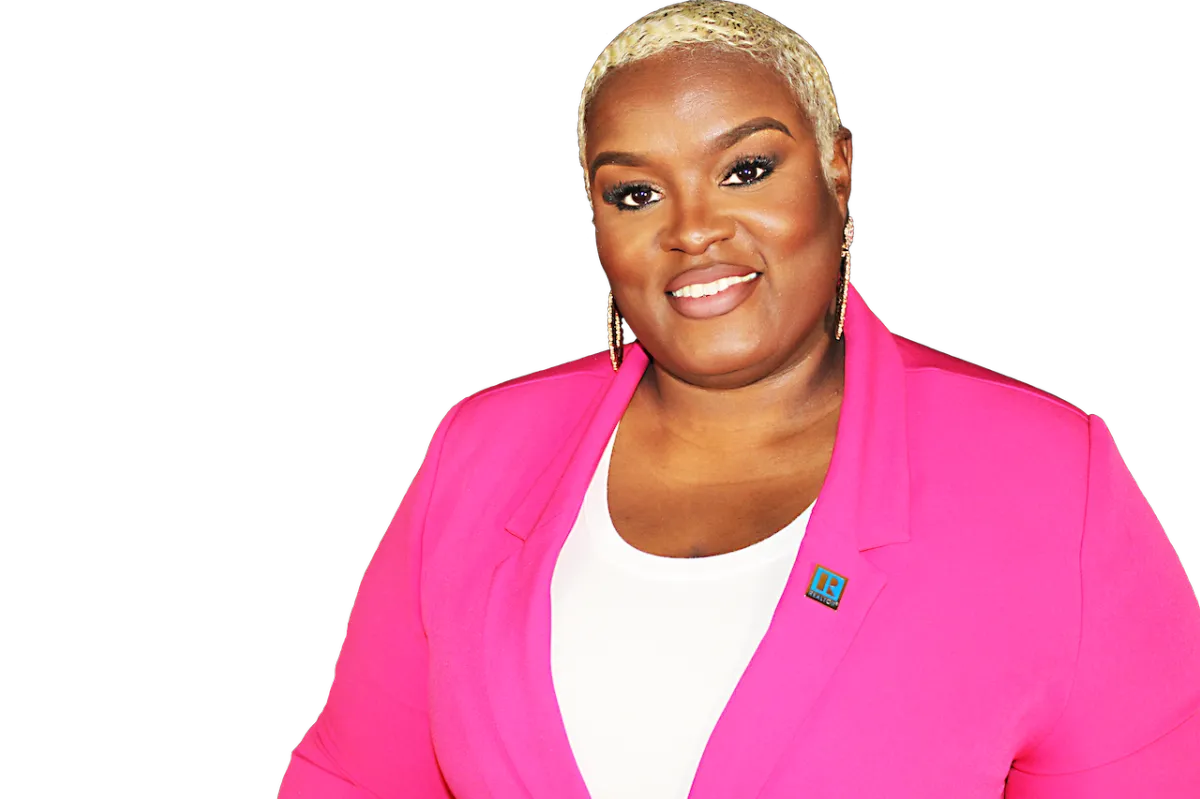
"Understanding credit empowers better financial decisions and opportunities."
Secure Your Financial Future Today
Master Your Future: credit education Webinar
At Credit is Key, we believe understanding credit is essential for achieving financial freedom. Whether you’re looking to purchase a home, secure a loan, or simply want to improve your financial health, you're in the right place!.
Don’t navigate your credit journey alone! Sign up for our pre-recorded classe and gain access to a wealth of resources designed to empower you with the knowledge you need to succeed.

Effective Debt Management:
Learning about credit helps you develop strategies for managing and reducing debt.

Understanding Your Credit Score:
Credit education provides valuable insights into how your credit score is calculated, including factors like payment history, credit utilization, and types of credit

Navigating Credit Laws and Rights:
Credit education equips you with knowledge about consumer protection laws and your rights as a borrower.
Speaker
Shonda Taylor, Your Real Estate Connect

— Shonda Taylor
Your Real Estate Connect
Managing credit without understanding how credit works can be tricky, but it’s not impossible! Join me in this class, where I’ll discuss the history, laws, and ways to improve your credit.

Thanks to their credit education services, I feel secure about my future and my family’s financial well-being!
Real Estate Investor

Got Question?
We've got answers
In your credit journey, you may have numerous questions and concerns. We're here to guide you, which is why we've compiled answers to common questions about credit education. Whether you need information on credit scores, debt management, or credit laws, our comprehensive FAQ section has you covered. If your question isn't listed, don't hesitate to ask us—we're here to help!
How can I check my credit report?
You can obtain a free copy of your credit report once a year from each of the major credit bureaus (Experian, TransUnion, Equifax) at AnnualCreditReport.com or myfico.com Regularly checking your report can help you catch errors and track your credit progress.
How long does negative information stay on my credit report?
Negative information, such as late payments and bankruptcies, can remain on your credit report for 7 to 10 years. However, the impact on your score diminishes over time as you establish positive credit behavior.
What is credit utilization, and why is it important?
Credit utilization is the ratio of your current credit card balances to your credit limits. It’s important because it accounts for a significant portion of your credit score—ideally, it should be kept below 30% to show lenders you manage credit responsibly.
Can closing a credit card hurt my credit score?
Yes, closing a credit card can potentially hurt your credit score, especially if it’s one of your oldest accounts or if it significantly increases your credit utilization ratio. Consider keeping old accounts open with a zero balance.
What should I do if I find an error on my credit report?
If you discover inaccuracies on your credit report, contact the credit bureau reporting the error and file a dispute. Provide evidence to support your claim, and the bureau is required to investigate the issue.